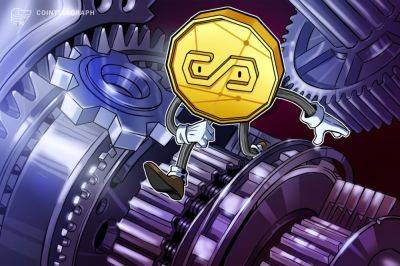Indian state governments spur blockchain adoption in public administration
Ever since Bitcoin (BTC) popularized blockchain technology worldwide, the tech has found its way into myriad processes, from finance to public administration.
What started as a flex statement for early adopters has now become a way of revamping legacy systems and improving immutability, transparency and decentralization.
Despite its proven real-world use cases, most government agencies continue to take a cautious approach to adopting and infusing blockchain into their paper-based processes, given its predominant link to the cryptocurrency ecosystem.
However, a change of heart is underway as emerging economies see blockchain as a rare opportunity to establish a trust-based system for society.
While still reluctant to legitimize cryptocurrencies fully, India has generally accepted blockchain technology.
Numerous initiatives by local and state governments in India — ranging from data management systems to verifiable certificate issuances — currently use blockchain technology at their core.
India’s expedited blockchain adoption is supported by an active developer and startup community, which builds custom solutions to tackle specific use cases.
Cointelegraph’s pursuit to decipher India’s affinity for blockchain led to a conversation with Ankur Rakhi Sinha, the co-founder and CEO of Airchains, a Web3 startup focused on a middleware software-as-a-service (SaaS) platform.
Speaking to Cointelegraph, Ankur explained India’s massive appetite for blockchain and how elected leaders have been driving the change.
Cointelegraph: What is the primary driver behind India’s blockchain adoption spree?
Ankur Rakhi Sinha: The driving force behind India’s blockchain adoption is the multitude of benefits it offers to enterprises and institutions.
Read more on cointelegraph.com






















